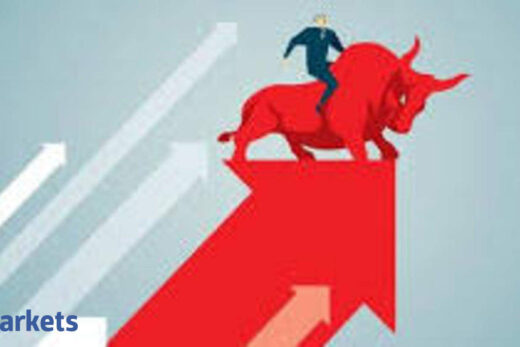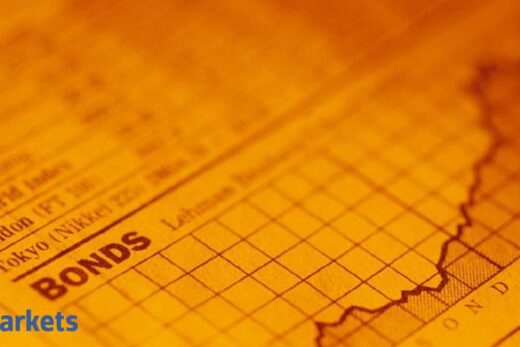Despite slumps during two damaging waves of the COVID-19 pandemic, the benchmark BSE Sensex Index has surged nearly 120% from a record low of 25,638.9 hit in late March last year, when the country’s first lockdown started.
Ultra-easy monetary policy from the Reserve Bank of India, which has slashed its repo rate by 115 basis points to 4.0% since the start of the pandemic and injected a massive amount of extra liquidity, was the primary domestic driver of that rally.
With that stimulus expected to remain in place at least for the rest of 2021, the Aug. 11-24 Reuters poll of around 30 equity strategists predicted the Sensex index would gain 2.4% to 56,875 by end-2021 from Monday’s close of 55,555.79.
This year’s estimated gain of just over 19% would be the highest since 2017. But the index is predicted to rise only 4.6% next year, the weakest annual performance in six years.
“It will not be a smooth ride for the markets from here on, given the run-up recently has been quite strong,” said Ajit Mishra, vice president for research at Religare Broking.
“Any tightening by the RBI could severely dent the sentiment and may result in a kick-jerk reaction.”
“Apart from that, new variants of COVID-19 still pose a risk to the overall economic recovery,” he added.
Inflation has remained above the RBI’s medium-term target mid-point of 4% for the past two years, but so far the central bank has focused on growth, keeping policy loose to support the economy.
A separate Reuters survey last month predicted the central bank would hike its key repo rate by 25 basis points twice next fiscal year to 4.5%.
Meanwhile, rising expectations the Federal Reserve will soon announce a taper to its $120 billion of monthly asset purchases are also restraining bullishness in the market.
Indian companies have recently posted stellar earnings growth thanks in part to a very low comparison base and a rebound in business activity as most restrictions imposed during the devastating and deadly second wave were relaxed.
“The earnings growth momentum is still positive, but weakening. The best of the earnings growth and margin expansion is over,” said Rajat Agarwal, Asia equity strategist at Societe Generale.
Nearly 90%, or 25 of 29 poll respondents, said corporate earnings would rise further over the next 12 months. But the magnitude of that rise will not likely be anywhere near as large, and that suggests stocks may soon lose momentum.
“Our analysis of past market rallies suggests the current rally could have limited further runway. We see risk of estimate cuts and with valuations at a peak, we expect markets to correct 9% near term,” noted analysts at Bank of America Securities.



